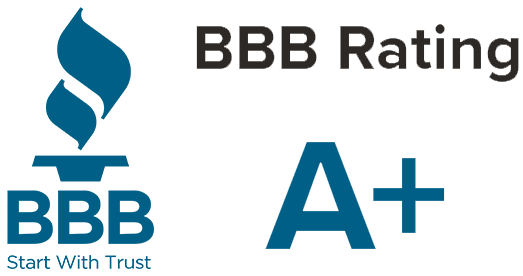How to Manage Costs Amid Uncertainty and Change
By TED ROSE, ROSE FINANCIAL SOLUTIONS
Government contractors are operating in a new era of unpredictability. Federal agencies are tightening purse strings, reassessing priorities, and executing aggressive cost-containment strategies. Contracts once considered stable revenue anchors are now vulnerable to abrupt cancellations or indefinite delays, leaving many firms scrambling to stay financially afloat.

The downturn in Defense and Government Expenditure (DOGE) has disproportionately impacted the sector, triggering revenue contractions, workforce reductions, and operational strain. In short: what was once predictable is now precarious.
To survive—and thrive—in this environment, contractors must rethink their financial infrastructure. One of the most effective and scalable strategies? Outsourcing accounting and CFO functions to a GovCon focused Finance as a Service (FaaS) firm. FaaS firms ensure that you have the right People, Process, Technology, Organization, and Data. This shift delivers sharper financial oversight, improved compliance, and leaner operations—without the heavy overhead of an in-house team.
The New Financial Landscape for Government Contractors
Government contractors, long accustomed to multi-year agreements and consistent funding, now face a more turbulent terrain:
1. Escalating Overhead Costs
Maintaining full-time CFOs and in-house accounting teams is increasingly difficult to justify in a world of revenue volatility. Fixed costs can quickly become liabilities.
2. Complex Regulatory Compliance
The regulatory environment—DCAA, FAR, CAS—demands a level of precision and expertise that many internal teams lack. Compliance isn’t optional; it’s critical.
3. Cash Flow Disruptions
Contract delays and cancellations are more common, placing immense pressure on liquidity and requiring more agile financial management.
4. Increased Audit Scrutiny
As federal agencies scrutinize spending, contractors must ensure airtight financial reporting and documentation. Sloppy books can lead to serious consequences.
Why Outsourcing Is a Strategic Advantage
Outsourcing financial operations goes beyond cost-cutting. It’s about unlocking agility, gaining specialized insights, and building long-term resilience:
✅ Cost Efficiency
Outsourcing transforms fixed labor costs into flexible, scalable services. Contractors can align financial support with contract volume, optimizing every dollar.
✅ Specialized Expertise
Outsourced CFOs and accounting professionals bring deep knowledge of government contracting—from indirect rate strategies, pricing, to audit readiness.
✅ Regulatory Confidence
With compliance baked into every process, outsourced teams ensure your firm is always prepared for DCAA, FAR, and CAS requirements.
✅ Scalable Support
Whether ramping up for a new IDIQ or navigating a contract termination, outsourcing delivers right-sized support exactly when needed.
✅ Executive Focus
By offloading day-to-day financial operations, leadership can zero in on growth: pursuing contracts, improving delivery, and shaping strategic direction.
Making the Transition Smooth
To make outsourcing successful, approach it with intention:
- Assess your current financial operations. Identify inefficiencies, compliance gaps, and areas where internal capacity falls short.
- Choose a partner with GovCon experience. Look beyond generalists. You need a team fluent in federal contracting and its financial nuances... Read more in the ROSE Community.
Want to read the full article?
📢 Join ROSE Business Forum & Events to gain exclusive access to industry insights, discussions, and networking opportunities tailored for GovCons, Nonprofits, and Growing Businesses.

Ted Rose
In 1994 Ted Rose founded Rose Financial Solutions (ROSE), the Premier U.S. Based Finance and Accounting Outsourcing Firm. In 2010, the Blackbook of Outsourcing named ROSE the #1 FAO firm in the world based on client satisfaction. As the president and CEO of ROSE, he provides executives with financial clarity. Ted has also acted as the CFO for a number of growth companies and assisted with various rounds of financing and M&A transactions.
Share this article:
Visit Us On:




